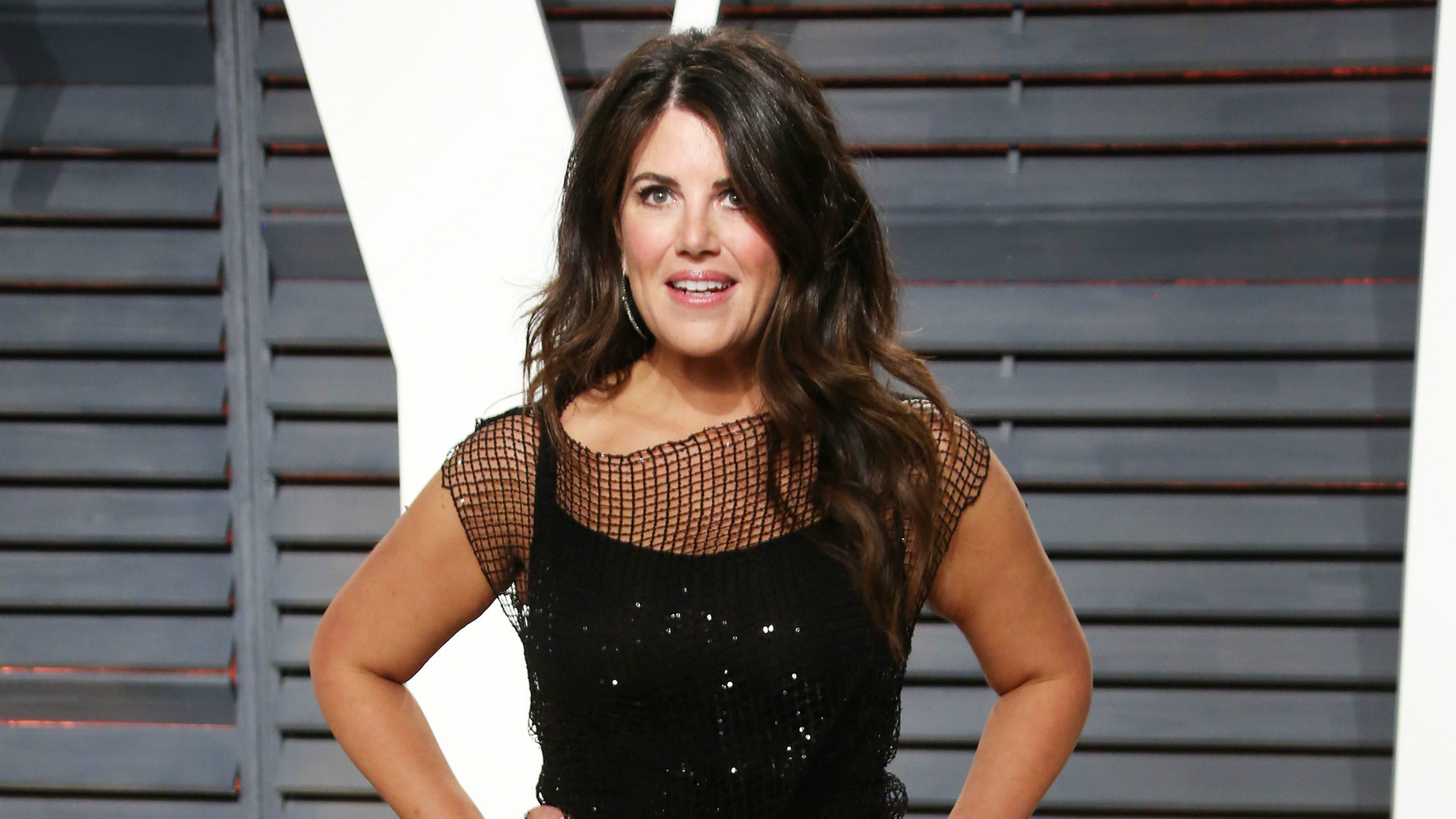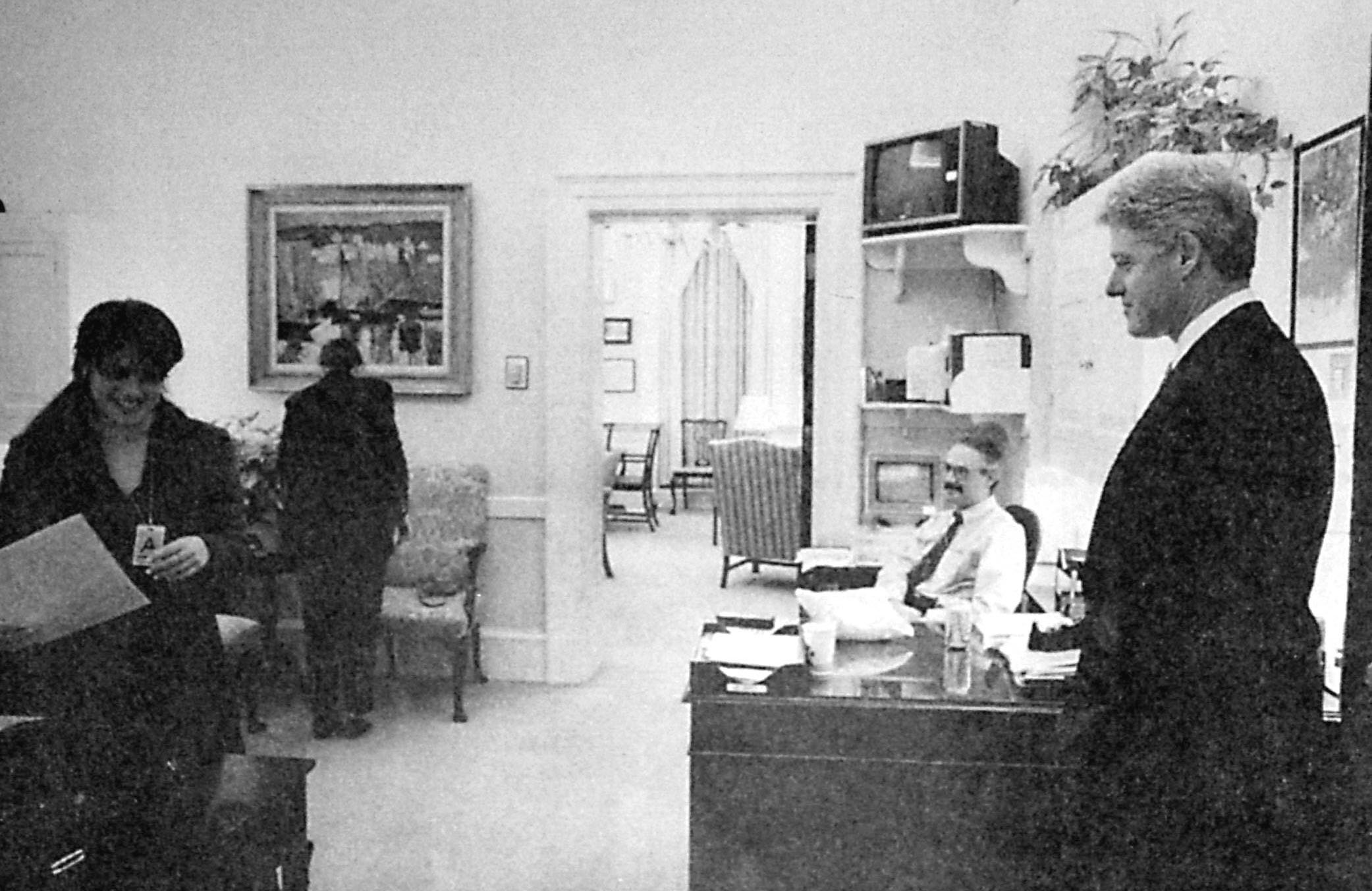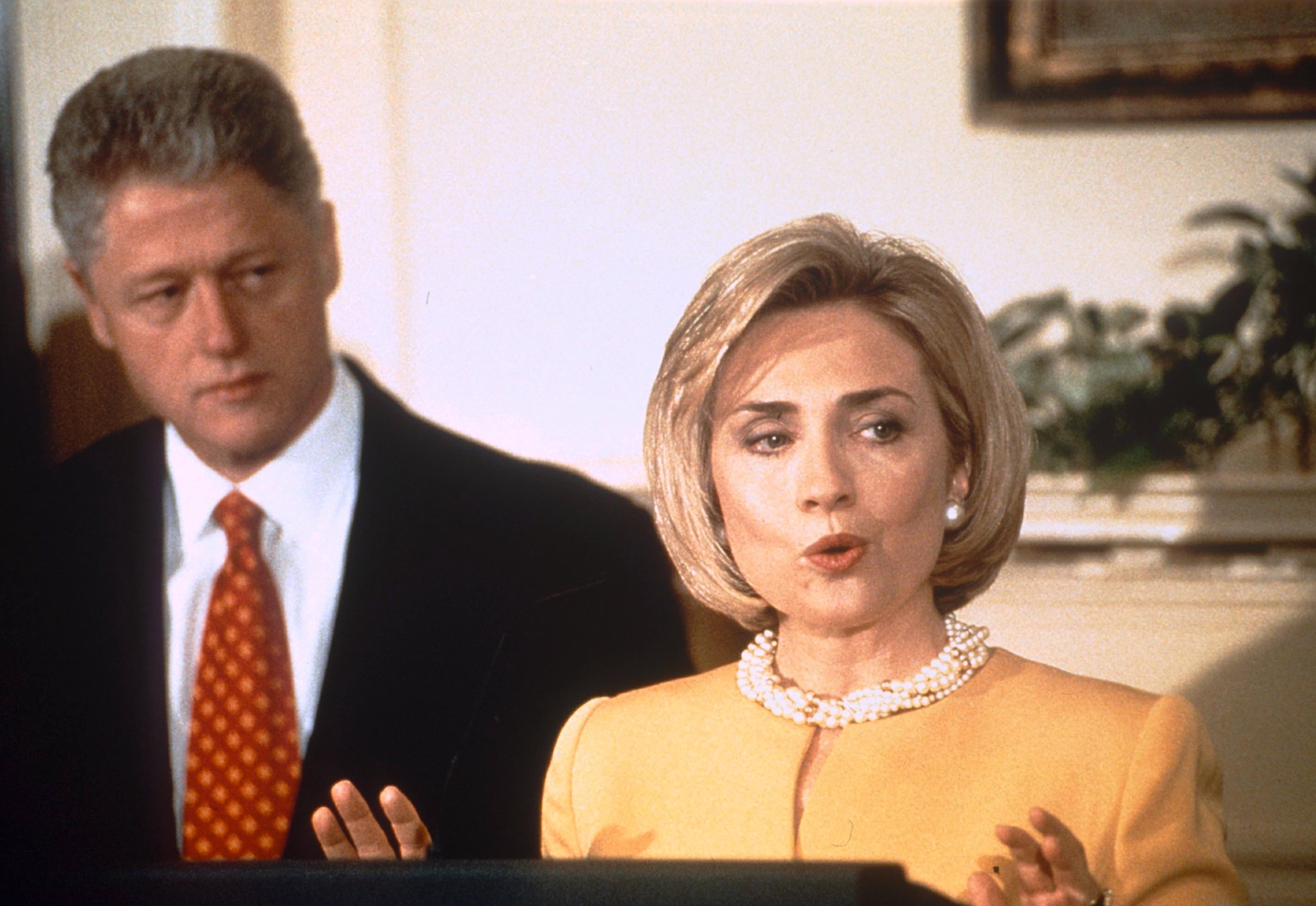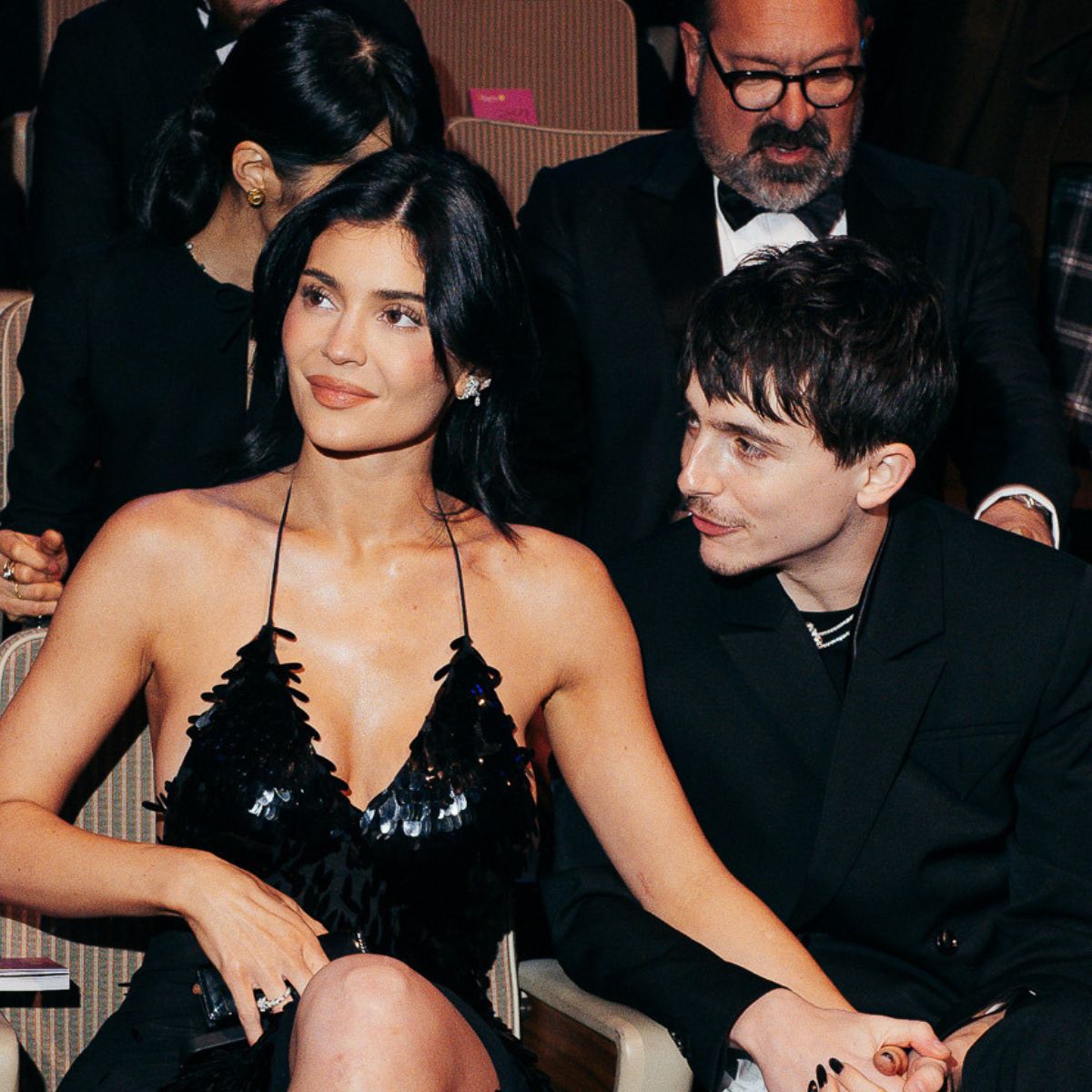Monica Lewinsky just explained how the #MeToo movement has made her feel less alone
‘I don’t believe I would have felt so isolated had it all happened today’


‘I don’t believe I would have felt so isolated had it all happened today’
The past few months have seen people across the globe taking a stand against inequality and calling out the mistreatment of women, with the Me Too and Time’s Up movements shedding light on the horrific extent of sexual harassment that women face in the workplace.
This movement (which is long-overdue) has put into perspective how women were treated before this watershed year - and it’s not OK.
No one knows this more than Monica Lewinsky, former White House intern who had an affair with then President Bill Clinton in the ‘90s. Now 44, Monica has opened up about the shame she faced at the time and how 20 years later, the Me Too and Time’s Up movements have made her feel less alone.

‘Until recently (thank you, Harvey Weinstein), historians hadn’t really had the perspective to fully process and acknowledge that year of shame and spectacle,’ she wrote in an open essay. ‘And as a culture, we still haven’t properly examined it. Re-framed it. Integrated it. And transformed it. My hope, given the two dec ades that have passed, is that we are now at a stage where we can untangle the complexities and context (maybe even with a little compassion), which might help lead to an eventual healing — and a systemic transformation.’
‘“I’m so sorry you were so alone.” Those seven words undid me,’ she explained. ‘They were written in a recent private exchange I had with one of the brave women leading the #MeToo movement. Somehow, coming from her — a recognition of sorts on a deep, soulful level — they landed in a way that cracked me open and brought me to tears. Yes, I had received many letters of support in 1998. And, yes (thank God!), I had my family and friends to support me. But by and large I had been alone. So. Very. Alone. Publicly Alone — abandoned most of all by the key figure in the crisis, who actually knew me well and intimately. That I had made mistakes, on that we can all agree. But swimming in that sea of Aloneness was terrifying.’

She continued: ‘Isolation is such a powerful tool to the subjugator. And yet I don’t believe I would have felt so isolated had it all happened today. One of the most inspiring aspects of this newly energized movement is the sheer number of women who have spoken up in support of one another. And the volume in numbers has translated into volume of public voice.’
Marie Claire Newsletter
Celebrity news, beauty, fashion advice, and fascinating features, delivered straight to your inbox!
‘If the Internet was a bête noire to me in 1998, its stepchild — social media — has been a saviour for millions of women today (notwithstanding all the cyberbullying, online harassment, doxing, and slut-shaming). Virtually anyone can share her or his #MeToo story and be instantly welcomed into a tribe. In addition, the democratizing potential of the Internet to open up support networks and penetrate what used to be closed circles of power is something that was unavailable to me back then.’
Monica concluded: ’I — we — owe a huge debt of gratitude to the #MeToo and Time’s Up heroines. They are speaking volumes against the pernicious conspiracies of silence that have long protected powerful men when it comes to sexual assault, sexual harassment, and abuse of power.’

Jenny Proudfoot is an award-winning journalist, specialising in lifestyle, culture, entertainment, international development and politics. She has worked at Marie Claire UK for seven years, rising from intern to Features Editor and is now the most published Marie Claire writer of all time. She was made a 30 under 30 award-winner last year and named a rising star in journalism by the Professional Publishers Association.
-
 Style Briefing: Matthieu Blazy's last hurrah at Bottega Veneta
Style Briefing: Matthieu Blazy's last hurrah at Bottega VenetaHow the designer delivered a fresh perspective while also honouring its history of craft and creativity
By Rebecca Jane Hill
-
 The Emily in Paris cast has spoken out as one of its stars officially quits the show
The Emily in Paris cast has spoken out as one of its stars officially quits the showBy Jenny Proudfoot
-
 Timothée Chalamet’s mother has opened up about his relationship with Kylie Jenner
Timothée Chalamet’s mother has opened up about his relationship with Kylie JennerBy Jenny Proudfoot